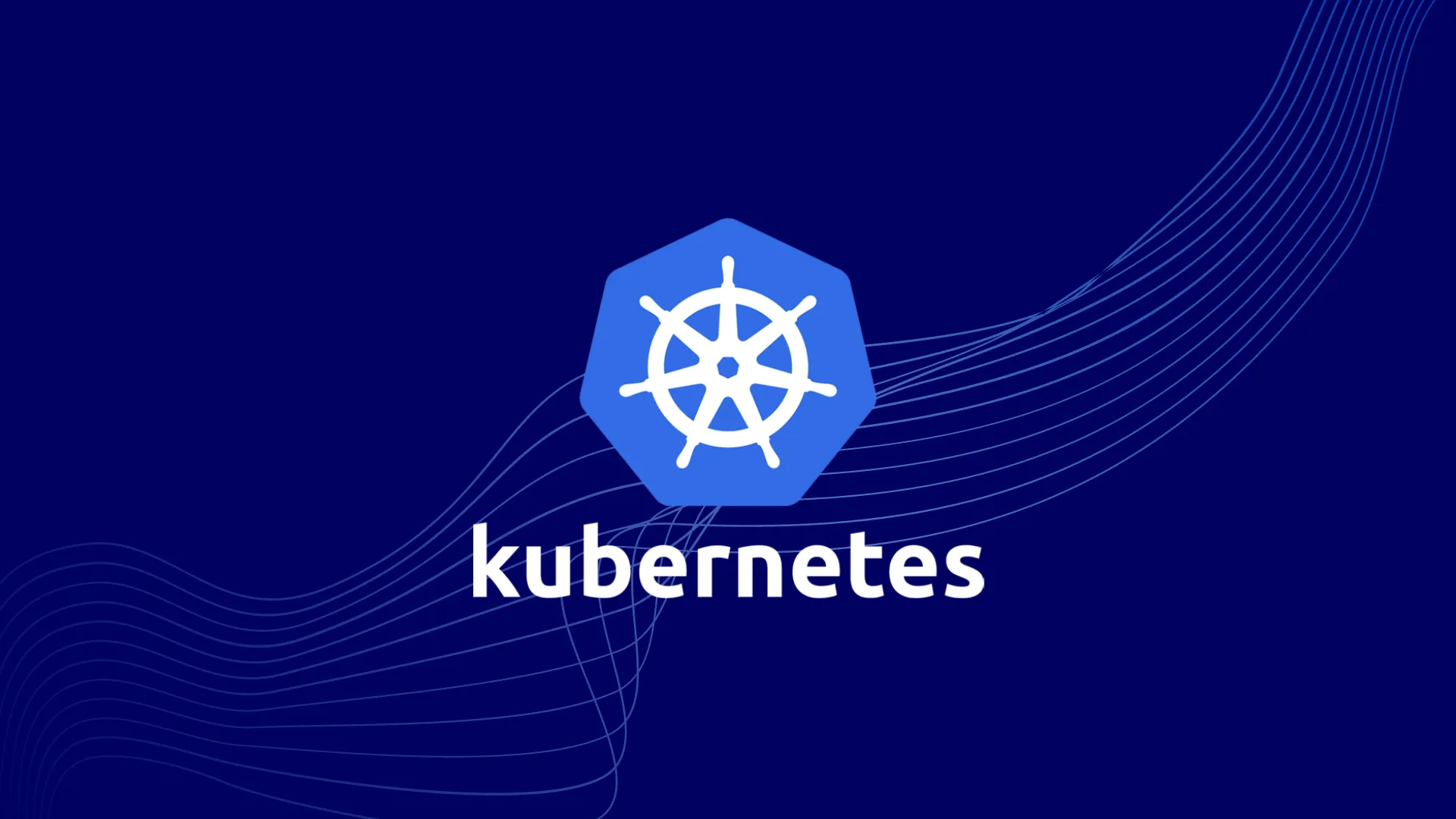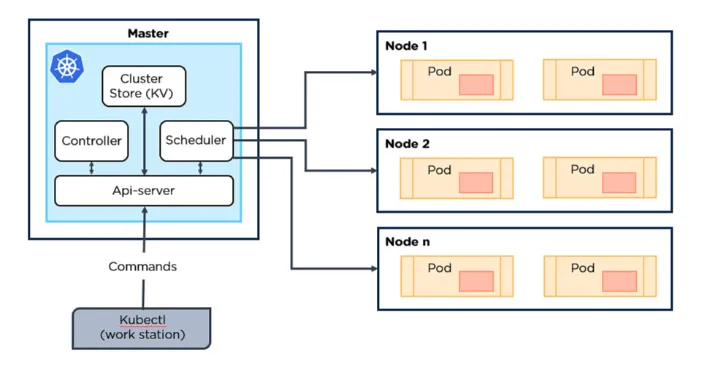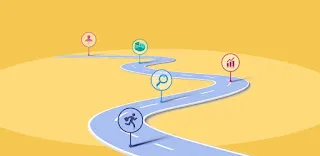From Novice to Ninja: My Journey with Kubernetes and Key Takeaways for Cloud Newcomers
My Journey with Kubernetes and Key Takeaways for Cloud Newcomers
Published Mar 3, 2024
So we all heard the term kubernetes in our day to day life while doing projects or whenever we read thelatest documentation, or scanning through job requirementson cloud technologies.And that whyNowadays, it has become a common and frequently mentioned term, particularly for those who are new to the cloud computing. "What exactly is Kubernetes? Who developed it and why? As a newcomer to the cloud space, how is it useful to me, and what is its importance in cloud computing?So there are lots of question which i’m going to address in this blog andI can assure you that upon completing the reading of this blog you will have a complete knowledge of kubernetes

🛠️Kubernetes is developed by Google, and it is open source software, so it can be used by anyone all over the world. And one important thing to note is that if you want to understand what Kubernetes is, you should begin by understanding what a containerized application is. All definitions and explanations about Kubernetes essentially revolve around this concept.
So, containerized applications essentially involve storing or packaging the application code, dependencies, and configuration within a container. The reasons behind this can be diverse. For example, if your website operates with different microservices that run independently, or if you aim to scale seamlessly, or even if you want your app to run smoothly in any environment – these are different cases where utilizing containerization becomes beneficial.
So, containerized applications essentially involve storing or packaging the application code, dependencies, and configuration within a container. The reasons behind this can be diverse. For example, if your website operates with different microservices that run independently, or if you aim to scale seamlessly, or even if you want your app to run smoothly in any environment – these are different cases where utilizing containerization becomes beneficial.

Now, let's delve into key Kubernetes terminology. We've covered containers, and moving forward, let's explore 'pods.' A pod is essentially a collection of multiple containers that Collaboratively operates within the same environment. Following this, the gathered pods operate on nodes, and the overarching environment where these nodes function is referred to as a 'cluster,' okay.

So I started reading and learning about Kubernetes about 4 months ago, and the reasons behind it is that I need to create projects using it, and it is a very useful service when you need to orchestrate containers. And during this journey, I faced many challenges in finding the perfect videos, documents, and courses, but from that videos, I couldn’t form any knowledge based on Kubernetes, So in my learning phase, I watched more than 30 videos, enrolled in 2 courses, and spent several hands-on labs and hours reading the documentation,and then slowly and gradually i started to getting the idea and able to understand the use cases.
AndThis effort has brought me to a point where I can now easily create projects using Kubernetes. I'd like to highlight that my learning process is ongoing, and I stay updated with the latest insights from their official blog. Additionally, I'm exploring the latest features of Kubernetes on cloud platforms such as AWS and GCP
AndThis effort has brought me to a point where I can now easily create projects using Kubernetes. I'd like to highlight that my learning process is ongoing, and I stay updated with the latest insights from their official blog. Additionally, I'm exploring the latest features of Kubernetes on cloud platforms such as AWS and GCP

- After having a nice knowledge about Kubernetes please create a project of basic level difficulty
- For any further assistance or guidance and knowledge while creating the project please head to the cloud provider Kubernetes documentation section for a simple understanding
- And if you want to keep yourself up to date please read their latest updates on their Kubernetes official website
- And if I suggest you from my experience then Kubernetes is not for beginners. This means if you are a beginner then Kubernetes should not be your first chapter in cloud space so that’s why i think Kubernetes is not useful for newcomers
- As you progress in understanding and working with cloud technologies and services, you will find the need for kubernetes becoming more frequent.

So yes this is it for this blog. I hope it has answered the question that I was discussing and promised you to answer in the first paragraph. And yes I did not try to educate you about Kubernetes much i just gave you the overall brief idea about it and guided you to proper sources for where you can educated yourself
Thank you and have a nice day